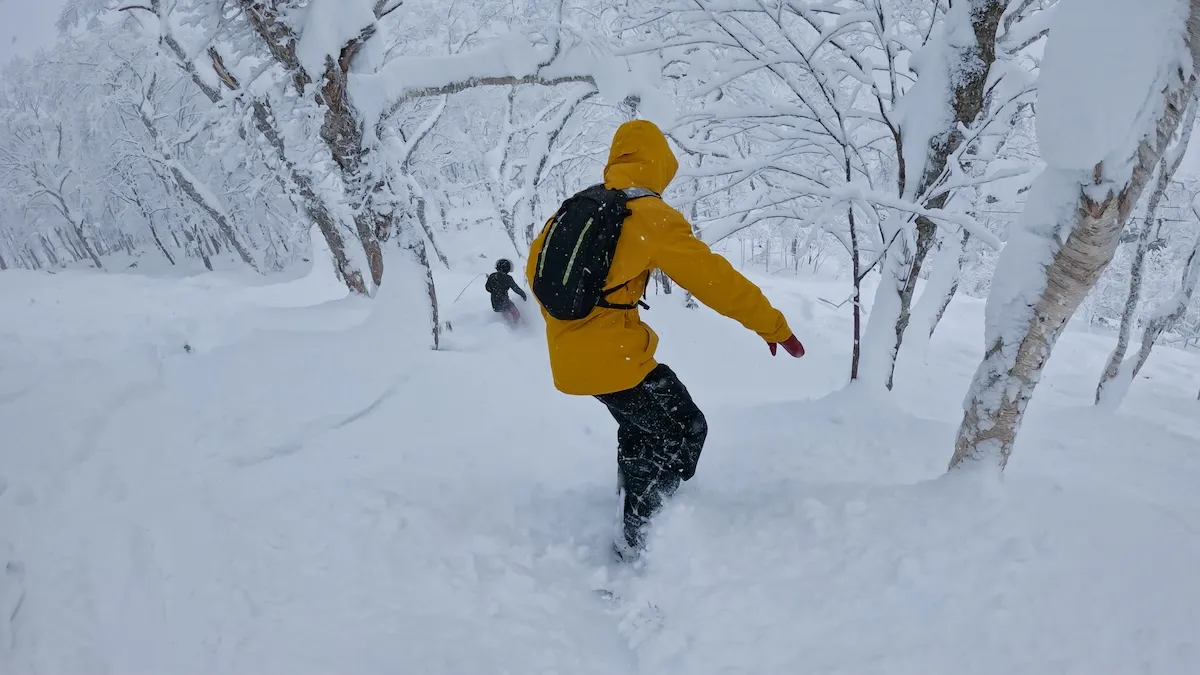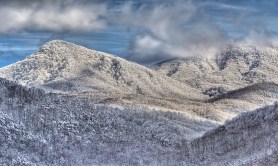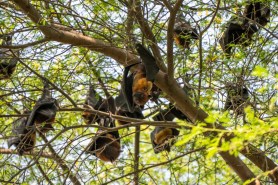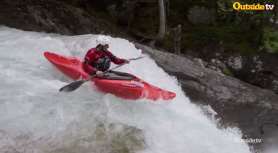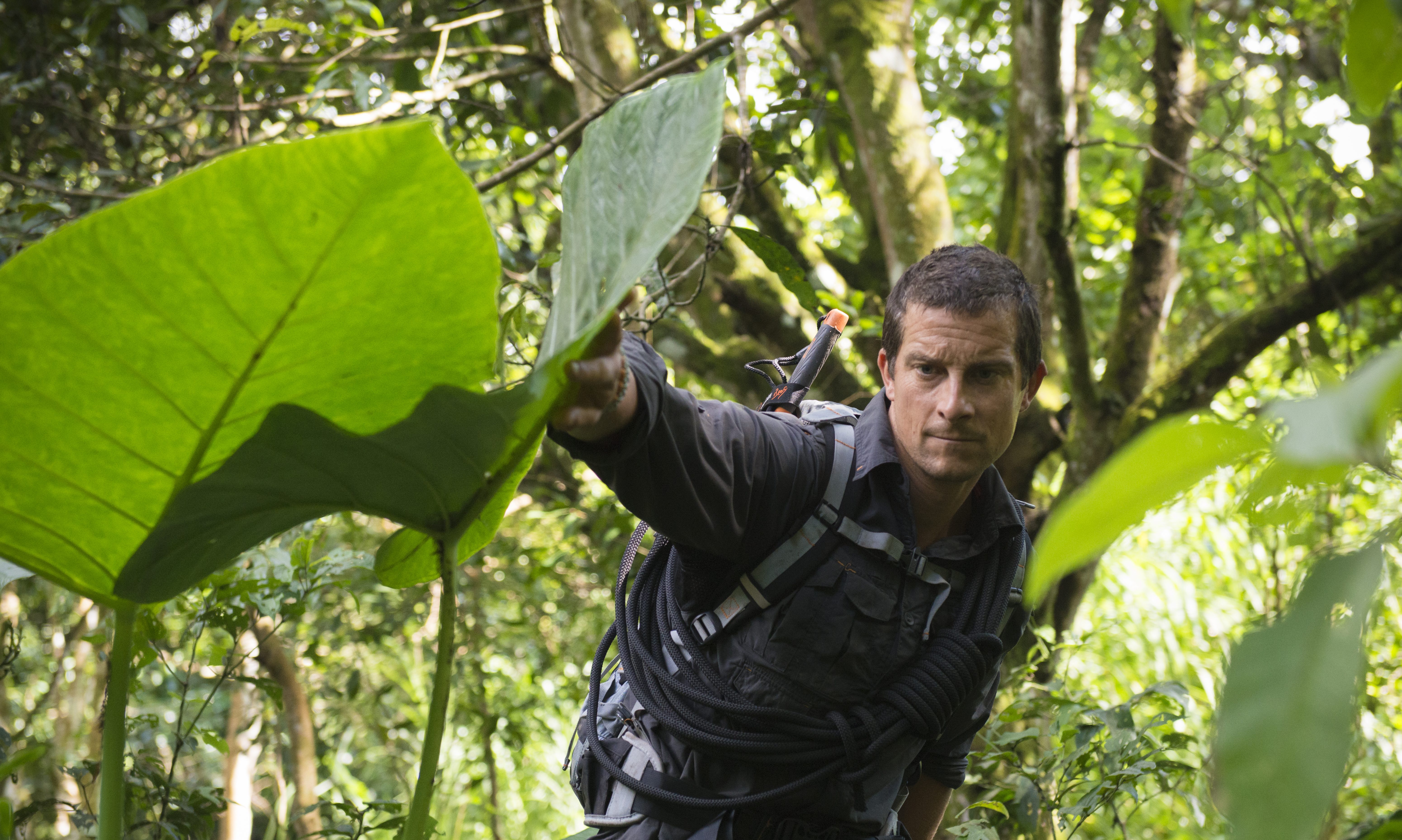

As a survivalist, Bear Grylls has spent a lot of time in the world’s jungles—remember those gripping episodes of Man Vs. Wild in Borneo? And while he has many tips on how to survive there, if you’re lost and don’t think help is coming, you’ll need to work out how to navigate out of the jungle alive.
Videos by Outdoors
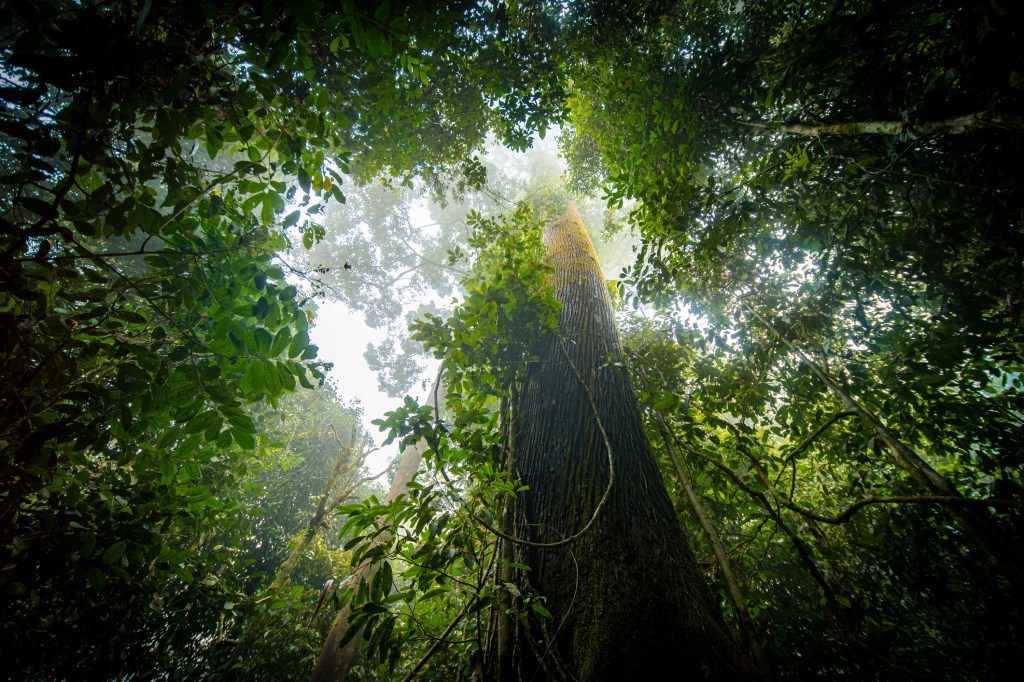
Plan before you move
Finding your way in the jungle can be tricky, to say the least. With thick vegetation, landmarks won’t be visible from all angles. It can also be difficult to travel in a straight line over uneven terrain, or use the stars to navigate with a jungle canopy overhead.
“First of all, try to see the jungle as a friend with some annoying habits, rather than an enemy who is actively out to get you,” Bear says in Born Survivor.
As with anywhere, think before you act. Make sure you have a water source, shelter and even food first. When you decide to move, don’t rush.
“The jungle has many ways of slowing you down and the harder you push, the harder it tends to push back,” says Bear, who has fought with his fair share of vines, thorns, insects, and snakes, over the years.
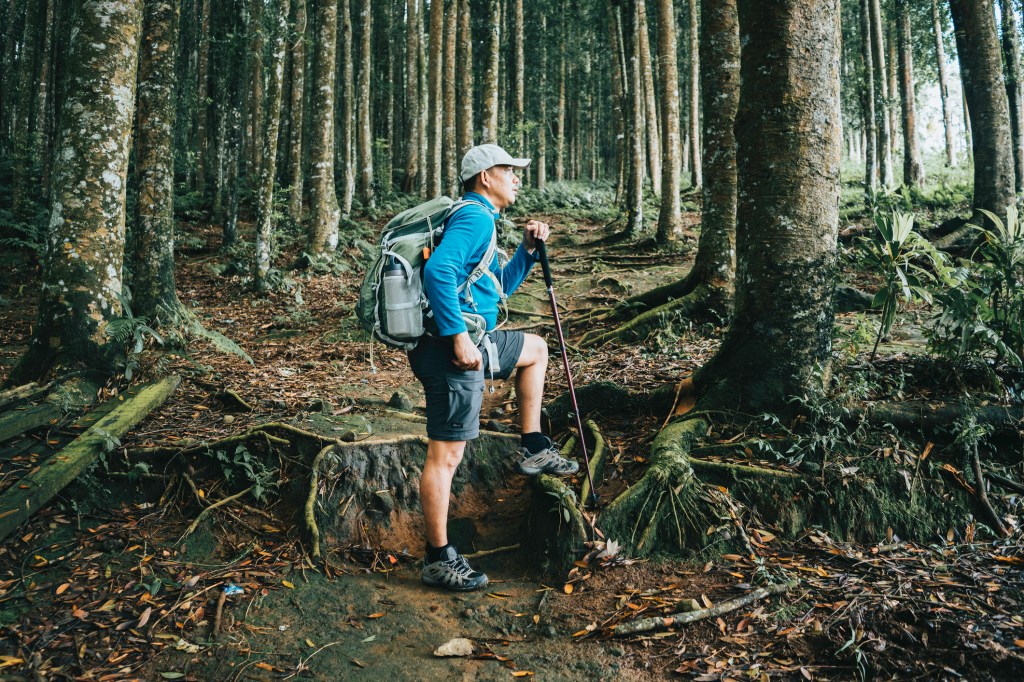
Protect yourself
Jungles are disorientating, so find a stick which will support you and use it to also probe the way ahead. Bear recommends that you move the stick out in front of you at ground level, to alert resting snakes to your presence.
“It is much better if they strike the stick rather than your foot,” he says.
Also protect your skin from insect bites and from the undergrowth: Wear long sleeves to avoid pesky bugs as well as cuts and scratches. And don’t use your bare hands to clutch at vegetation. Keep an eye on your hands and feet to guard against sores and blisters.
Move deliberately
When you move, walk with a heavy footfall. Snakes react to vibrations, so they’ll have plenty of warning to scatter away from you. Step slowly to avoid getting cuts and gashes.
Travel by day if possible; nighttime is when snakes and dangerous animals are on the move, plus it’s difficult to make much progress in the pitch dark.
Try to look through the undergrowth ahead and not straight at it, so you can get the bigger picture and a sense of the contours of the land and possibly spot any animal trails.
“Drop your shoulders, swivel your hips, bend your body, and shorten or lengthen your stride as necessary to slide through the undergrowth,” says Bear.
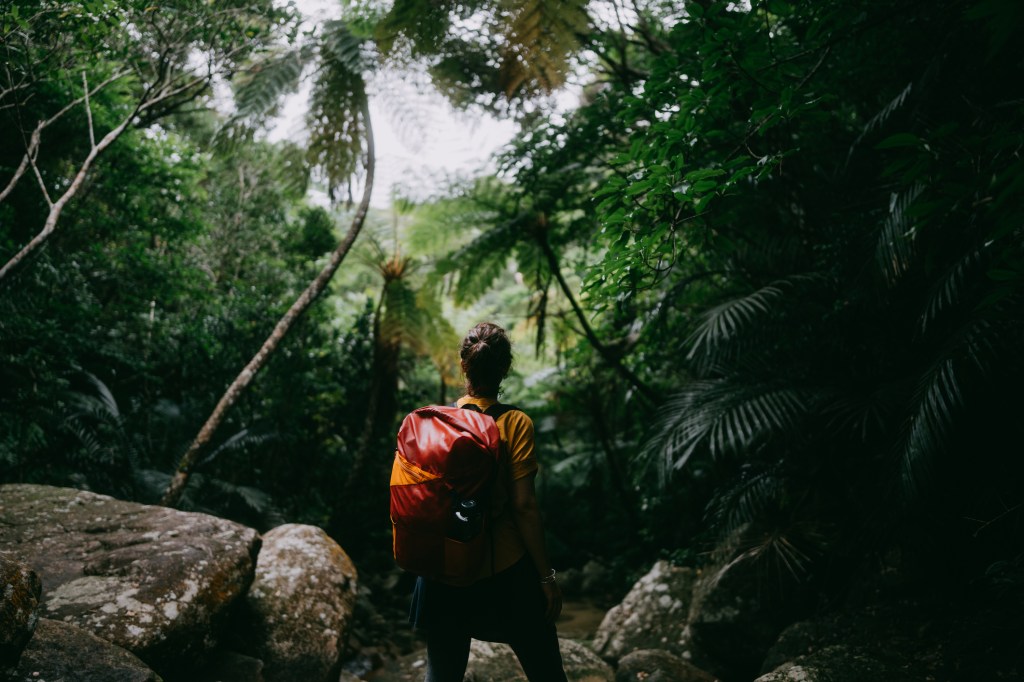
Let your surrounding take the lead
If you’re not sure what direction to travel in, follow the line of least resistance and move downhill. If you descend until you find a stream, this may lead to a river, which will eventually lead to human habitation. But not every dip will lead to a stream or river, so try to follow a ridge or hill contour. This may give you some height to see natural features or spot a river or trail in the distance.
A river can be an obstacle to cross, or an opportunity to travel down. Rivers have been used for millennia as the primary source of travel, so it’s not for nothing that they’re known as the ‘highways of the jungle.’” To travel on the river, you may use local materials to make a raft.
“In jungle terrain, rivers are often the quickest way to move as well as being a sure-fire navigational tool in that they will eventually lead to the sea,” says Bear.”
Avoid marshes, swamps and quicksand
Anywhere where there’s water at the edge of the jungle, you will find a mix of water, mud, vegetation and sand—and you’ll want to steer clear.
“As well as posing a navigational hazard, they also pose a threat to life and limb as this is where crocodiles like to call home,” says Bear. “Always go around them when you can and avoid getting wet unnecessarily.”
If you have to cross an area like this, use branches, logs and foliage to spread your weight, and if you start sinking into something like quicksand, get into a horizontal position.
